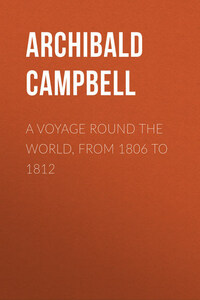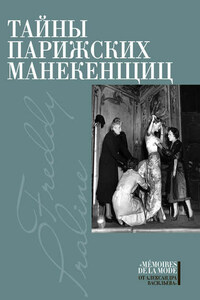A perusal of the voyages of discovery, which shed so much lustre on the reign of George III. naturally excites a strong desire to learn what effects have been produced among the nations whose existence they have introduced to our notice.
That the interests of science and commerce have been greatly promoted by these voyages, cannot be doubted; but it may be questioned whether the result has been equally beneficial to the natives of the newly discovered countries; and, as the editor1 of Cook’s last voyage justly remarks, “it would afford exquisite pleasure to every benevolent mind, to be instructed in facts which might enable us without hesitation to answer in the affirmative.”
The solution of this momentous question can only be obtained from the accounts of subsequent visitors; and the following narrative is submitted to the public, as a contribution to the evidence required for that purpose. It was drawn up partly from the papers,2 but chiefly from the recital of the author; and the editor has adhered as closely as the nature of the case would permit, to the language in which they were originally related. The intervention of a third person between the traveller and the reader, is an evil which ought always, if possible, to be avoided; but in the present instance, some literary assistance was absolutely necessary; and the editor conceives he shall best have executed the task he has imposed upon himself, by stating, with strict fidelity, and in the simplest language, the facts as they were related to him.
A short account of the life of the narrator will enable the reader to judge of the necessity of such assistance, as well as of his qualifications to relate the incidents of his voyage.
Archibald Campbell was born at Wynford, near Glasgow, on the 19th of July, 1787. His father, who was a soldier in the 45th regiment, died at St. Lucia, upon which his mother removed to Paisley, her native place, when her son was about four years of age. He there received the common rudiments of education, and at the age of ten was bound apprentice to a weaver. Before the term of his apprenticeship had expired, however, a strong desire to visit remote countries induced him to go to sea; and in the year 1800, he entered as apprentice on board the ship Isabella, of Port-Glasgow, commanded by Mr. Hugh Paterson. In this vessel he made three voyages to the West-Indies. He afterwards served about a twelvemonth in a coaster; and, in 1804, again sailed for the West-Indies, in the sloop Robina, belonging to the same port.
At Madeira he was pressed on board the Diana frigate, and remained in that ship till her arrival at Portsmouth in 1806. He there found means to make his escape, and entered as seaman on board the Thames Indiaman.
The history of the six most eventful years of his life will be found in the following pages. He returned to his native country, in April, 1812, having lost both his feet; and from the unskilful manner in which amputation has been performed, the wounds have never healed.
A gentleman in Rio Janeiro, of the name of Lawrie, had furnished him with letters to his father in Edinburgh, by whose interest he obtained admission into the Infirmary in that city; but after remaining there nearly four months, he was dismissed as incurable.
Mr. Lawrie, senior, presented him with a barrel organ; and he contrived to earn a miserable pittance, by crawling about the streets of Edinburgh and Leith, grinding music, and selling a metrical history of his adventures.
Being ambitious, however, of performing on a more dignified instrument, he has since learned to play on the violin; and he finds employment on board the steam-boats that ply upon the river Clyde, by playing for the amusement of the steerage passengers.
In one of these vessels his appearance attracted the notice of the editor; and the answers he gave to some questions excited so much curiosity, that he took him home with the intention of making a few memoranda of his story for his own information.
The modest and intelligent manner in which it was told, the interesting nature of the incidents, and the curious information it contained, on the subjects to which the attention of the editor had been much directed, created a strong interest on behalf of the narrator; and the hope that an account of his voyage might be of service to an unfortunate and deserving man, and not unacceptable to those who take pleasure in contemplating the progress of mankind in the arts of civilization, gave rise to the present publication.
In the execution of his task, simplicity and perspicuity are all that the editor has aimed at. The ornaments of style, which are generally misplaced in such relations, would have been peculiarly incongruous in the mouth of a common sailor. In those parts of the work which relate to places already well known, the narrative is entirely confined to the personal adventures of the author; and had the editor been aware that so much had been recently written regarding Kamschatka and the Aleutian Islands by the Russian navigators, the description of those places would have been either altogether omitted, or much more condensed; but, in fact, he had no opportunity of seeing their voyages till the work was sent to the press, and it was not then considered necessary to make any alteration in the text.








